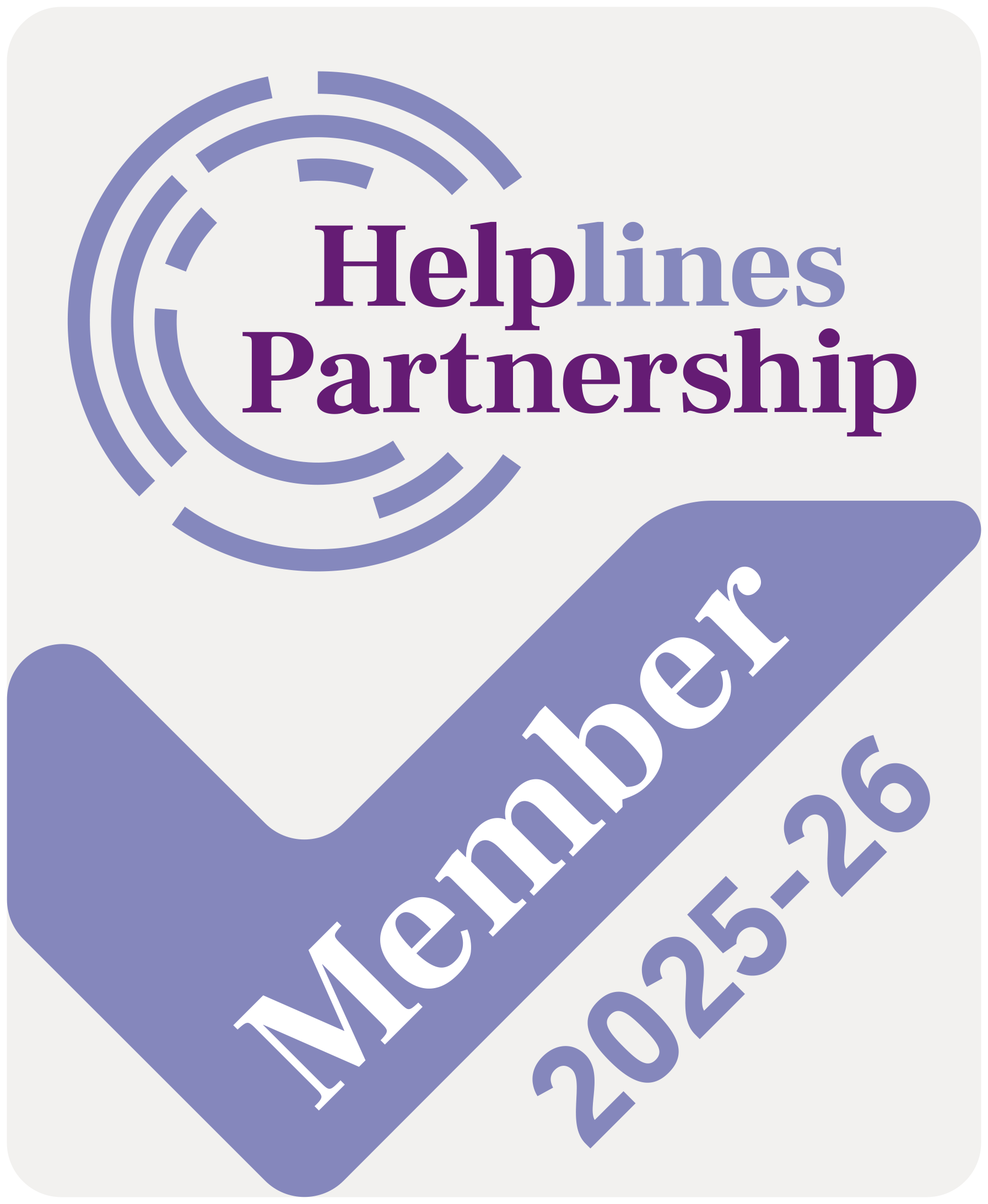A genetic condition need not be a barrier to your child receiving a good education.
They have the same rights to schooling as all children.
There are more decisions as a parent for you to make and careful consideration has to be given at each stage to make sure those are right for your child.
You might find there are times when you feel as though you’re having to fight for your child about everything. But as exhausting it can be, the fight is worth it.
Here we look at your child’s rights, the types of school they might attend, how they get there and tackling the all-important Educational Health Care Plan (EHCP).
We’ll point you in the direction of some helpful downloads and further resources that might help make education rewarding and even fun for your child.
Your child’s right to an education
When making decisions about your child’s education, remember that they are entitled to a full and rewarding education in every way that a child without disability is and that this right is upheld at the very highest level, by the United Nations Convention on the Rights of the Child (UNCRC).
There is nothing any school or local authority can do to legally stop a child from receiving an education.
You and your child have the law on your side in that regard so feel confident about this when dealing with local education authorities (LEAs). There are various support groups that can offer guidance if you feel as though your child is being let down.
Hopefully, this will mean you can give clear thought and planning to how their school life may develop from nursery all the way through to university or college, if that is what they want, making sure you are clear about the options open to them at each stage.
The Educational Health Care Plan – the legal document that sets out what is best for your child – can run until a young person is 25 and has to be reviewed annually.
This covers your child if they go to college or decide to do an apprenticeship. Your child “transitions” from child to adult services when they reach 18. The EHCP covers them until the age of 25 to ensure that transition is made smoothly.
What the United Nations says
Your child’s right to education is specifically defined in the United Nations Convention on the Rights of the Child.
Non-discrimination
In Article 2, a key area for disabled children, it makes clear that the entire Convention applies equally to all children.
All rights apply equally to all children without exception. It is the State’s obligation to protect children from any form of discrimination and to take positive action to promote their rights.
Education
Article 28 reinforces the idea that all children, including those with impairments and difficulties in learning, have a right to education.
The child has a right to education, and the State’s duty is to ensure that primary education is free and compulsory, to encourage different forms of secondary education accessible to every child and to make higher education available to all on the basis of capacity.
Disabled children’s rights
And finally, Article 23 makes it clear that the only problems facing disabled children in enjoying life are to do with their own impairments.
A disabled child has the right to special care, education and training to help him or her enjoy a full and decent life in dignity and achieve the greatest degree of self-reliance and social integration possible.
What if your child, for medical or other reasons, can’t manage going to school? Under the Education Act 1996 suitable alternative education has to be made available to them regardless of resource difficulties.
Your responsibilities
While your child has rights, you need to remember that you, as a parent, also have certain responsibilities, whatever genetic condition they may have.
The education system in England is divided into nursery, for ages 3-4, primary education from 4-11, secondary from 11-18 and tertiary for 18-plus.
That means full time education is compulsory for all children aged between 5 and 18 years old.
You need to make sure your child is receiving an education between these ages.
Currently, children start primary school in the academic year that they turn five. Once they reach 16 they can continue their education for another two years in sixth form, usually leading to A-level qualifications, though other qualifications are available such as the International Baccalaureate.





